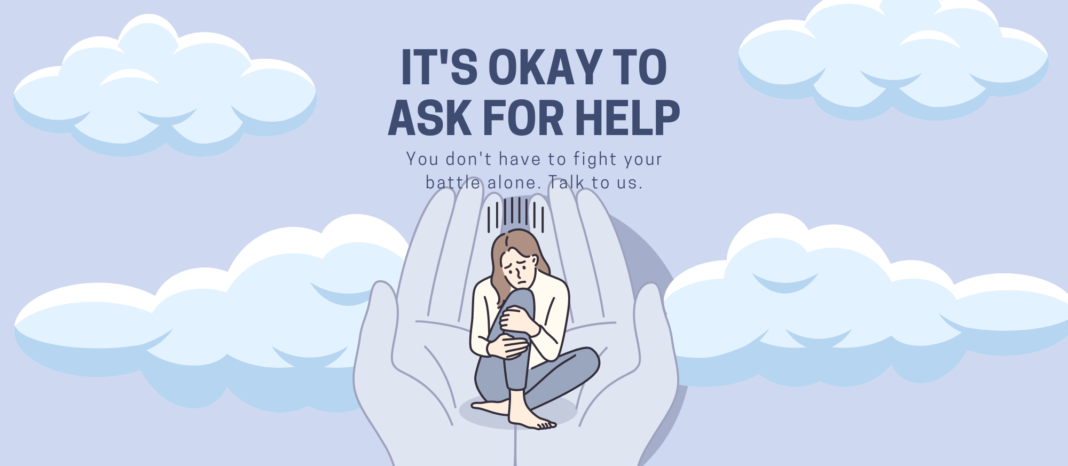Over 43% of national on campus crime is sexual assault related according to the American Psychological Association. This means eight forcible sex offenses per 10,000 students in a year.
It was one of the highest crimes, besides alcohol infractions, on campus. In 2022, there were five forcible sex offenses of fondling and four reports of rape. Sexual assault is one of the least the reported crimes, as many do not come forward due to the shame and fear that comes from the topic of rape being a taboo discussion in society.
This is why it is important to have resources on campus to ensure student safety. There are ways to anonymously or overtly report someone and there is help for victims. Many students have no idea what happens when a student or faculty member has a report filed against them.
The first step is using the Colorado Mesa University (CMU) “Concerns” and “Report It” buttons on MAVzone and the CMU app. The report goes to Title IX Coordinator Stephanie Rubinstein, who will reach out with internal and external resources, as well as next steps. These next steps include disciplinary hearings as well as legal actions.
“One of the sanctions can be suspension or expulsion from the university, that’s [one thing that can] happen after a hearing. There is the opportunity through the rules to remove a student if they’re found to be a danger to the university,” Rubinstein said.
However, both students have a constitutional right to a fair trial before action is taken, so sometimes an alleged perpetrator may remain on campus despite an accusation.
“There’s so many pieces because it’s important to protect the victim, but also it’s important to make sure that the person who’s being accused is being given their rights as well. Everything is handled really delicately, which is why every [school] has a Title IX Coordinator. Overall, throughout campus, I don’t know that we necessarily are doing the best job that we could in making sure that students understand where there are resources,” Student Life Director Trey Downey said.
I am now a senior and have just found out about these resources thanks to Rubinstein. CMU has done an incredible job with building their resources to help, with Rubinstein being the main source as the Title IX Coordinator as well the counselor for Real Talk: Sexualites and Genders. The goal of the talks is to educater students about how to prevent sexual assault and what to do if it happens to you or someone you know.
“What has been the most interesting to me is seeing how CMU handles things versus the country or or even other areas of the state. […] I feel like being proactive is better than being reactive. I’ve really been passionate about trying to make sure that we can help before a sexual assault occurs or help to educate people on communication and consent,” said Rubinstein.
The issue is that CMU has not done much to promote these resources on campus. Most information seems to be word-of-mouth, which gets confusing. While there are seminars for incoming freshmen, there needs to be some reiteration of the information that they’re told throughout the rest of their time here. Who actually remembers information they learned during freshmen orientation by week three of the semester?
There is also the issue of transfer students who do not go through orientation. Every year, there needs to be an email, seminar or a video that goes out explaining what to do on the case of sexual assault on campus. For now, students should spread information to their friends and make use of the resources listed above.
It is always up to the victim whether to report it or not, but we need to foster trust between fellow students to know that there will be support if someone wants to report the crime. While it does mean crime rates will go up, it also means there will be better communication of what’s actually happening on campus and ensures those who have harmed others do not go unpunished.




